I recently autographed dozens of bookplates for TOO PICKLEY! with personalizations for children, but requested primarily by adults. In many of the requests, I was instructed to inscribe mini-warnings like “Remember to eat your veggies” or “Fruits come first.” I find it interesting that, as adults, we can’t seem to let go of those “teachable moments.”
It can be difficult to write picture books and forget that we are responsible, mature adults. But in fact, this is what we’re called to do. We need to take off our mommy hats or teacher hats or librarian hats or simply, our adult hats, to write for children. Because even the most creatively camouflaged lessons or messages can be sniffed out by a kid.
That’s not to say that picture books lack depth. For most, a delectable thread runs behind and beyond the words on the page. With repeated readings, a book opens itself up, subtly allowing children to discover – on their own – hidden surprises or stories behind and beyond the story or even (gulp!) messages, without the author or adult imposing them on the child. But discoveries don’t stand a chance if the child isn’t first entertained.
The same holds true in chapter books and novels – which brings up Junie B. Jones. Some adult readers have banned Junie because of her imperfect grammar and behavior. Junie was my youngest daughter’s first read-alone series. She collected the books. She was the expert on Junie. Most importantly she loved reading them. And I loved them too. And we read them together.
Do Junie haters truly believe that young readers are learning “grammar lessons” from our little heroine? Aren’t readers more likely to laugh at Junie’s harmless antics and monologues rather than mimic them? Must we always succumb to the temptation of teachable moments OR can we give kids opportunities to rediscover and apply their own lessons and life experiences in the comfort and safety of stories they love?
What do you think?



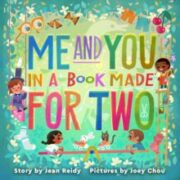
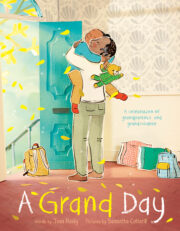
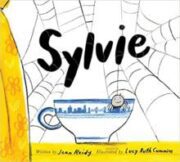
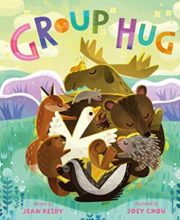
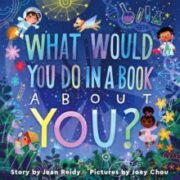
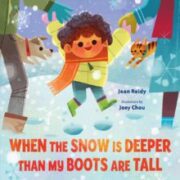
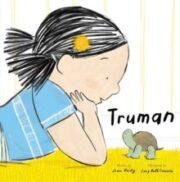

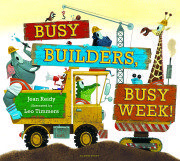
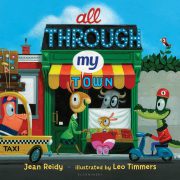
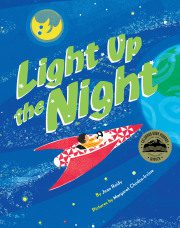
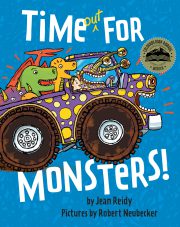
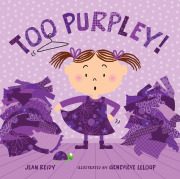
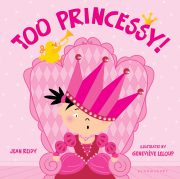
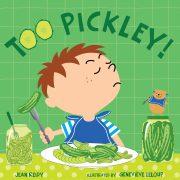
I think Junie B. Jones books are great. I've had the chance to read a few of them.
I agree completely. Why don't they see that humor is as important as 'lessons'? And isn't it vital for children to feel they don't have to be perfect and their parents will still love them?